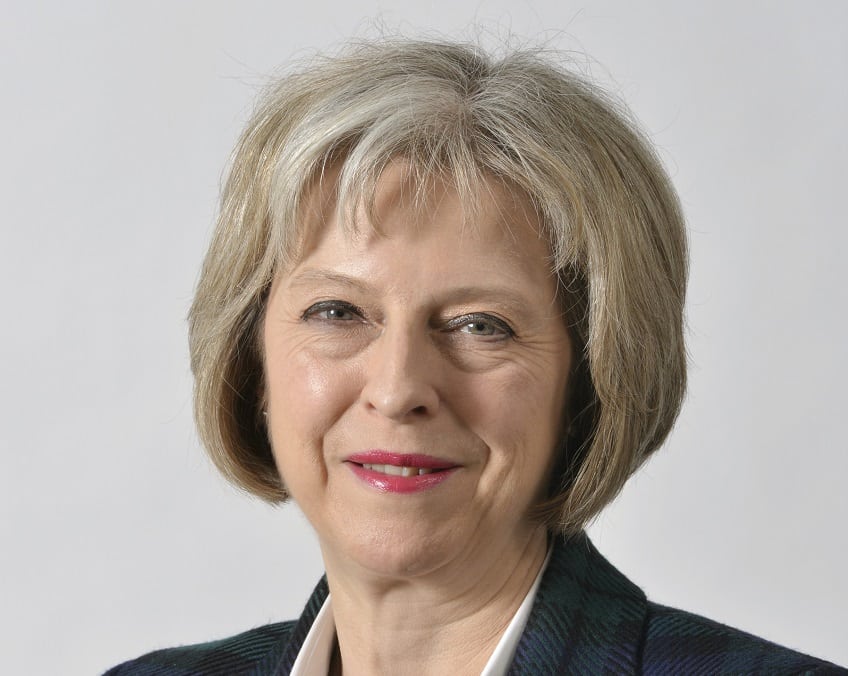In her latest speech on the government’s position on Brexit and the UK’s future trading relationship with the EU, May said the UK would not adopt a Norway or Canadian-model in its new relationship with the European Union.
Against accusations that the UK’s position was to cherry-pick the benefits of the single market while rejecting the obligations, May argued all free trade agreements have “varying market access depending on the respective interests of the countries involved”. “If this is cherry-picking, then every trade arrangement is cherry-picking.”
May said both sides of the negotiating table had to acknowledge some “hard facts”.
She confirmed the City is set to lose passporting and EU law and the decisions of the European Court of Justice will continue to affect the UK. Chancellor Philip Hammond will outline the Conservatives’ plans for financial services after Brexit in a speech next week, May revealed.
May also rejected talk within the fringes of her own party over how to handle the Irish border issue. “It is not good enough to say, ‘We won’t introduce a hard border; if the EU forces Ireland to do it, that’s down to them’. We chose to leave; we have a responsibility to help find a solution,” she said.
But she said the EU had to acknowledge “hard facts” too, stating that it would be “unacceptable to break up the United Kingdom’s own common market” by creating a border down the Irish Sea.
May’s ‘pragmatism’ welcomed
The Adviser Centre investment director Peter Toogood said May’s pragmatism was to be congratulated over “the dogma of the lunatic fringe in the Conservative party”. “Putting business interests above ideology is the only way forward,” Toogood says.
“From an investor viewpoint there was little of consequence, says Shore Financial Planning director Ben Yearsley, who also added the speech was pragmatic. “It will all come down to the final deal. Until then sterling and the markets will move on perceived good or bad news.”
He adds: “The Remoaners and avid Brexiteers probably won’t be happy, but they probably never will.”
Hargreaves Lansdown senior analyst Laith Khalaf agrees investors should not draw any conclusions from the speech.
“It is one small part of a jigsaw that is gradually being put together and we don’t know what the whole picture will look like in the end, but businesses and people will adapt to it.”
Architas investment director Adrian Lowcock told Portfolio Adviser the City “doesn’t necessarily need passporting” to continue with most cross-border financial services activities.
Lowcock says the City had expertise and infrastructure that would be difficult to replicate elsewhere, although he said job losses to Frankfurt or Paris would continue to make headlines.
Medicines, chemicals, energy and aerospace will be reassured by the speech, says CBI director-general Carolyn Fairbairn, but she says the food and drinks sector will be wondering why they have been left on the side-lines.










